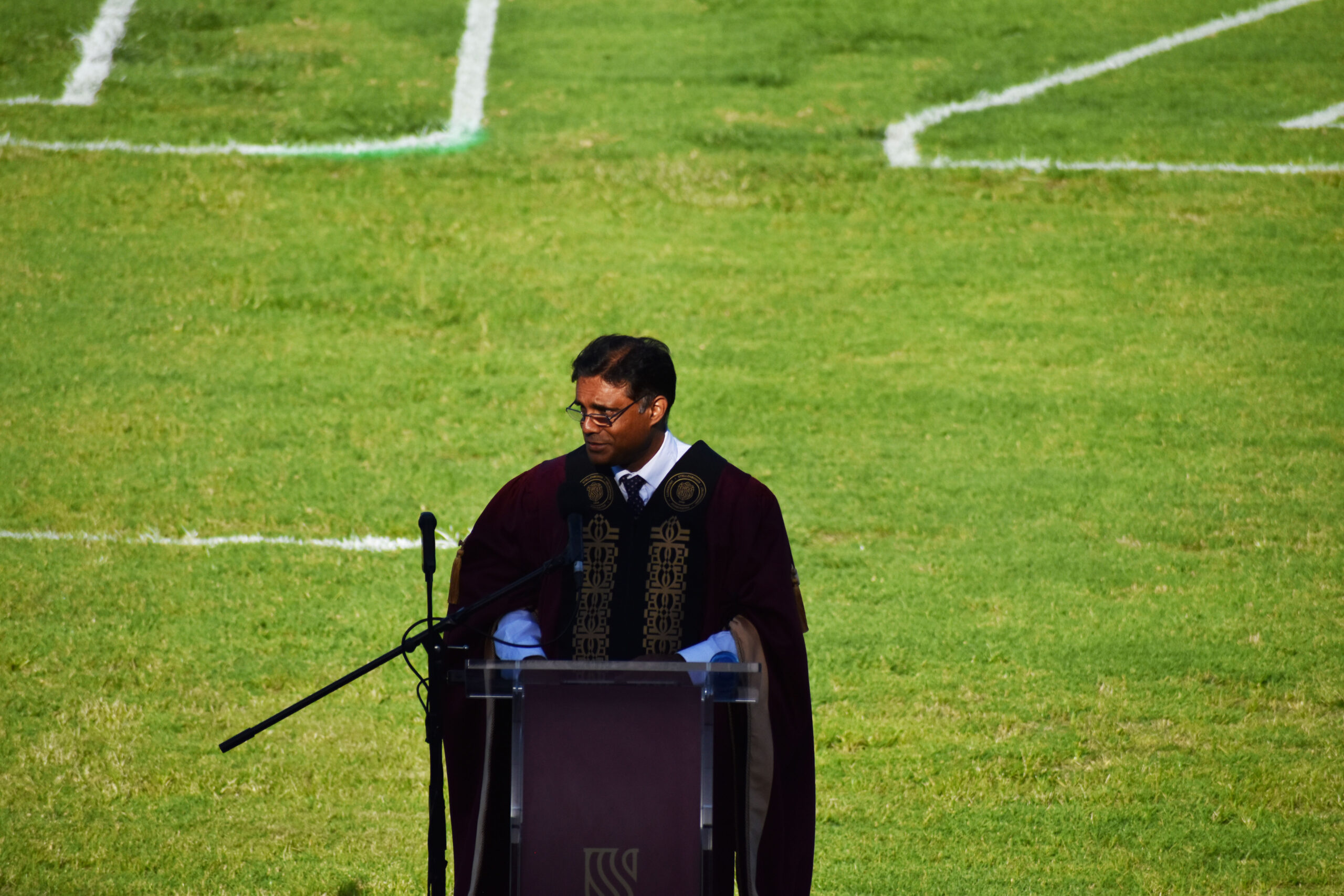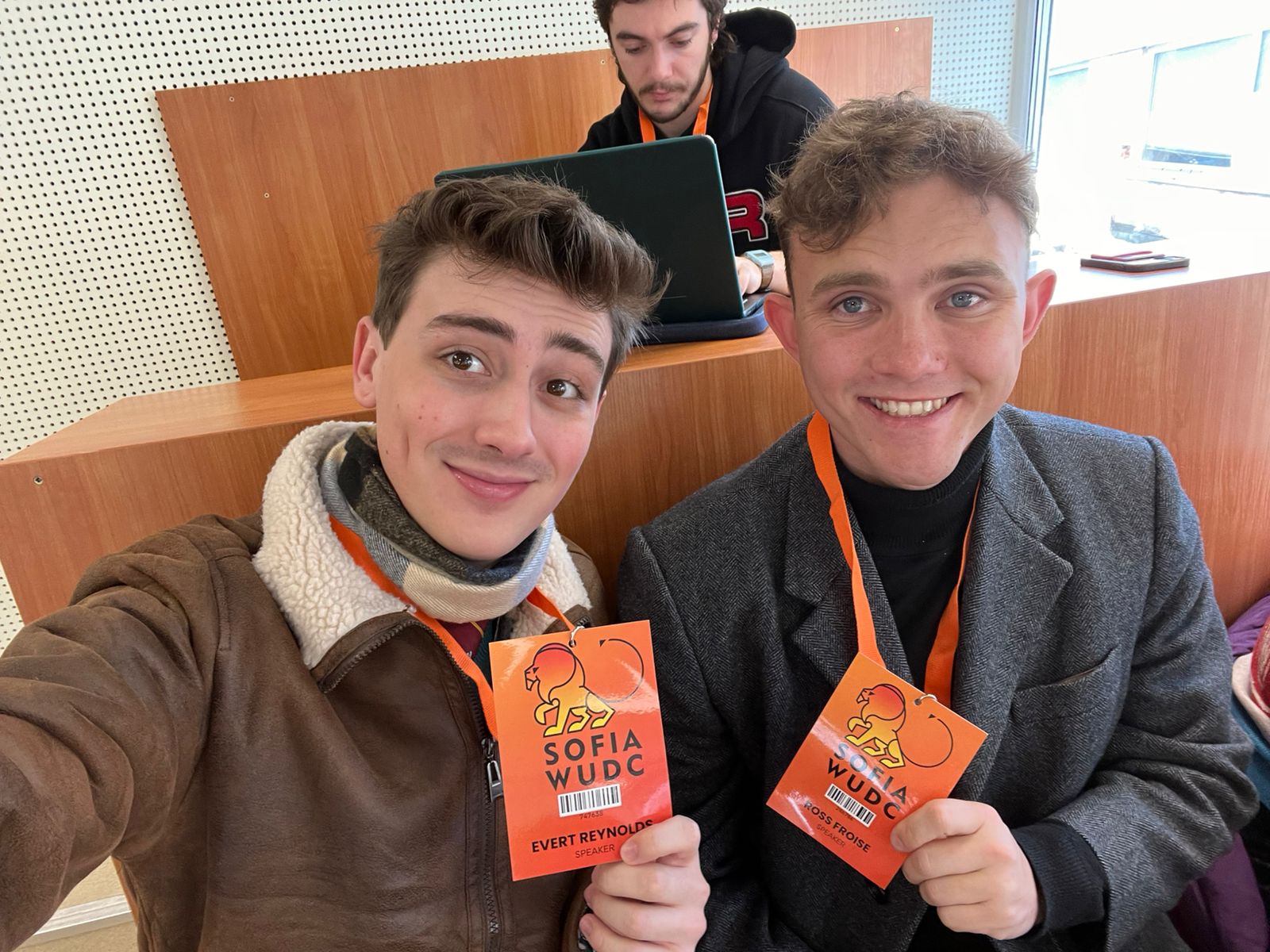CARLA VISAGIE
The Stellenbosch Institute for Advanced Studies (STIAS) has yet again proven itself as a leading research establishment.
In September 2018 they wereinvited to be the first research institutein the Southern Hemisphere to collaborate with an elite international research institute, known as The Some Institutes for Advanced studies (SIAS) consortium.
STIAS was founded by Stellenbosch University (SU) in 1999, but it developed into an independent research establishment and is now governed by its own board of directors.
Although STIAS is now independent from SU, they signed a lease agreement with SU in 2014, which enabled the university to use their facilities.
Professor Hendrik Geyer, Director of STIAS, said in a media release on 11 September, “The invitation is a clear signal that international Institutes for Advanced Study are increasingly engaging with the African academic and research world.”
“We have established good relationships over time with individual institutes to the extent that some have already accommodated in their own programmes. Being part of the collaboration will give us the chance to explore the possibilities inherent in this programme, along with otheraspects of the STIAS offering. Thereis much to be explored,” said Geyer.
Geyer elaborated by saying that the success of his own studies can be ascribed in large part to the total STIAS experience – a space in which to work and a professional and social space to learn.
STIAS is not only linked to the university through their facilities, but also through the host of their academic programmes. In 2018 STIAS hosted a total of 10 public lectures throughout the year. The last lecture of the STIAS lecture series was presented on Tuesday 25 September in the Adam Small theatre, and was aboutthe key to fixing broken patterns ofurban development. According to the STIAS webpage, the study seeks to “understand and unpack the deep complexities of the South African university against the background of global discussions on the changing role of the university”.
The webpage emphasizes the importance of the project by stating “The University and society of South Africa is faced with an urgent societal challenge. It would therefore be important for projects to be responsive to a particular aspect of the challenge in higher education, and to propose solutions to address that challenge.”
“This is a wonderful initiative,an opportunity to clarify the effort ofdeep transformation of the university in its epistemological and ontological underpinning in order to realise a truly diverse university that is designed to nurture a critical citizenry.
We will support this any way we can,” said professor Siphamandla Zondi from the University of Pretoria on the theme of University and Society on the STIAS webpage.
Desmond Smith, Chairman of the Board of Directors, ascribes the success of STIAS to its “supporters and benefactors, and the people who make up the STIAS family.”
Photo: Christoff Pauw



